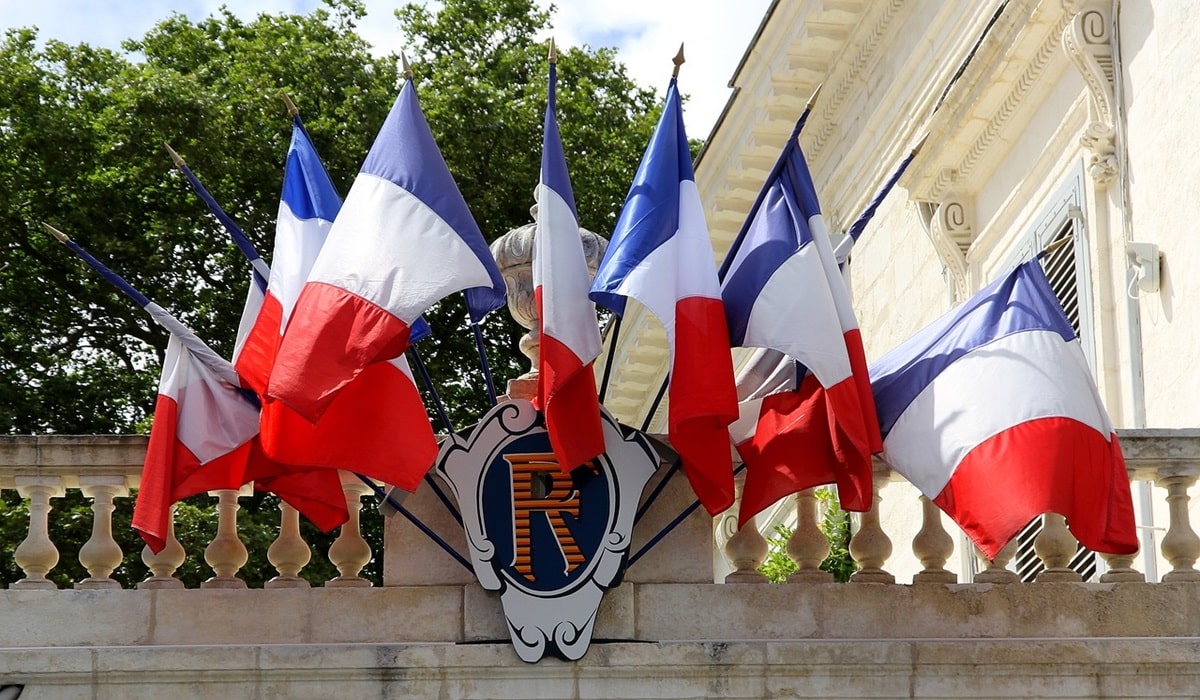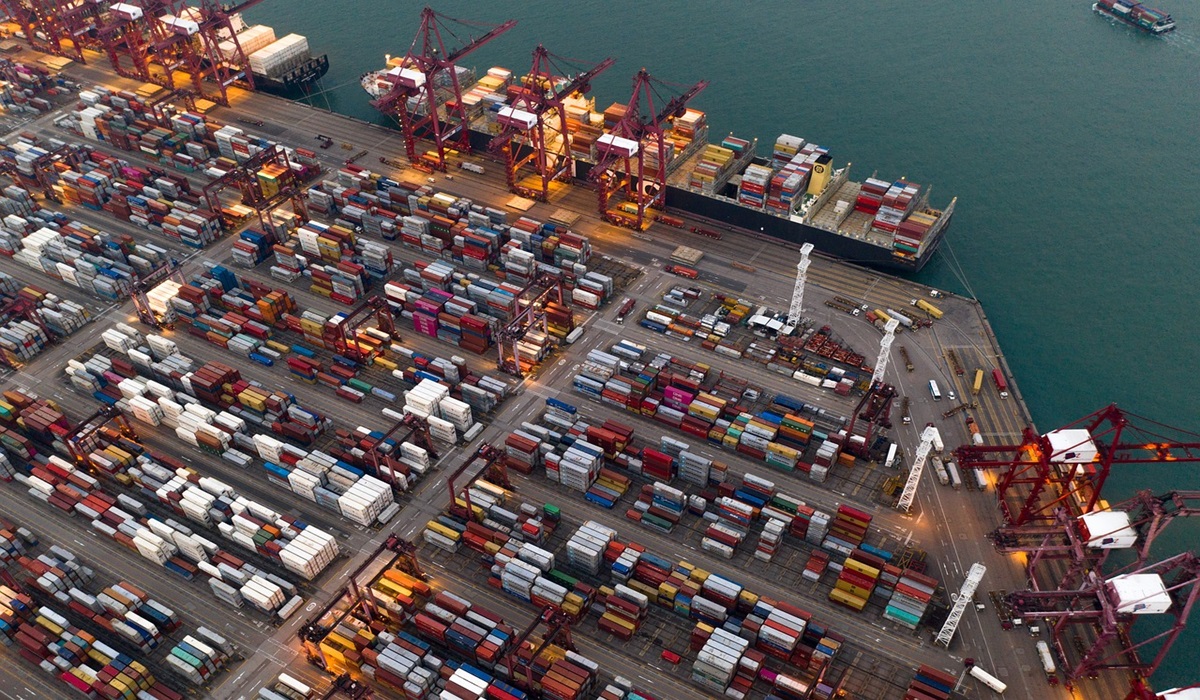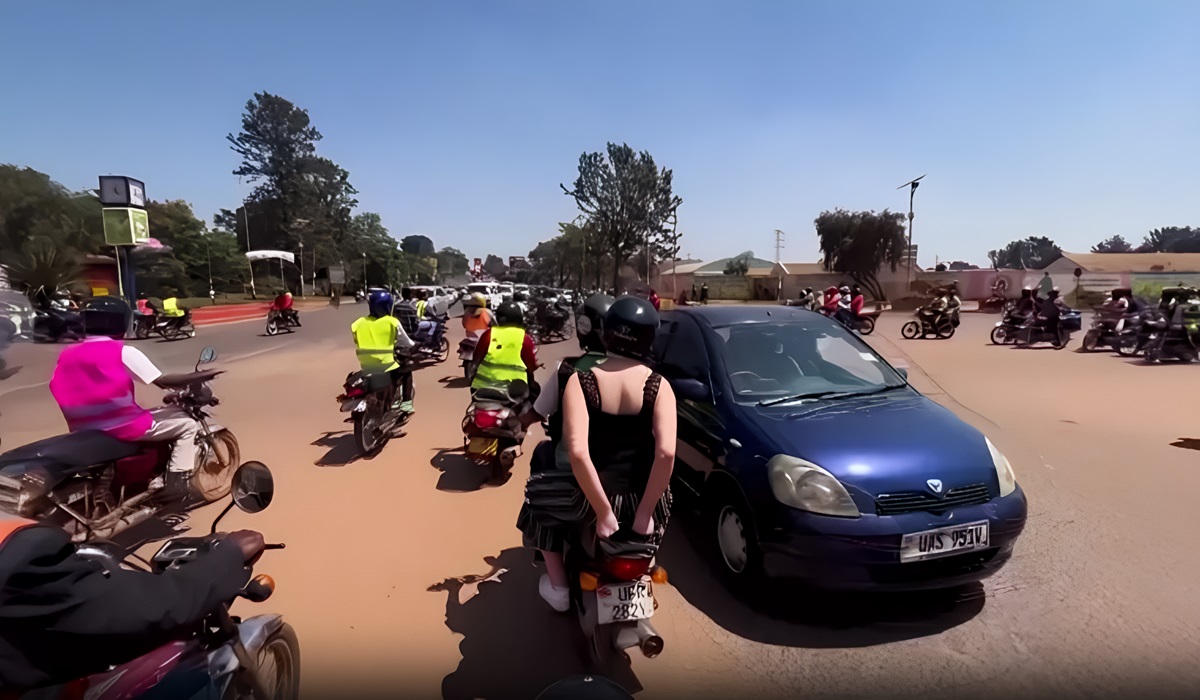UN Pleads For Early Release Of Eritrean Prisoners. Over crowed prisons increase infection rates of COVID-19
A UN rights expert has urged Eritrea to reduce the risk of COVID-19 spreading in its overcrowded jails by immediately releasing all political prisoners, low-risk offenders and others such as the sick and elderly who are particularly vulnerable to illness or death.
Daniela Kravetz, the Special Rapporteur on the situation of human rights in Eritrea, highlighted the case of an American-Eritrean dual national and daughter of a former information minister being held for more than seven years since she was a teenager.
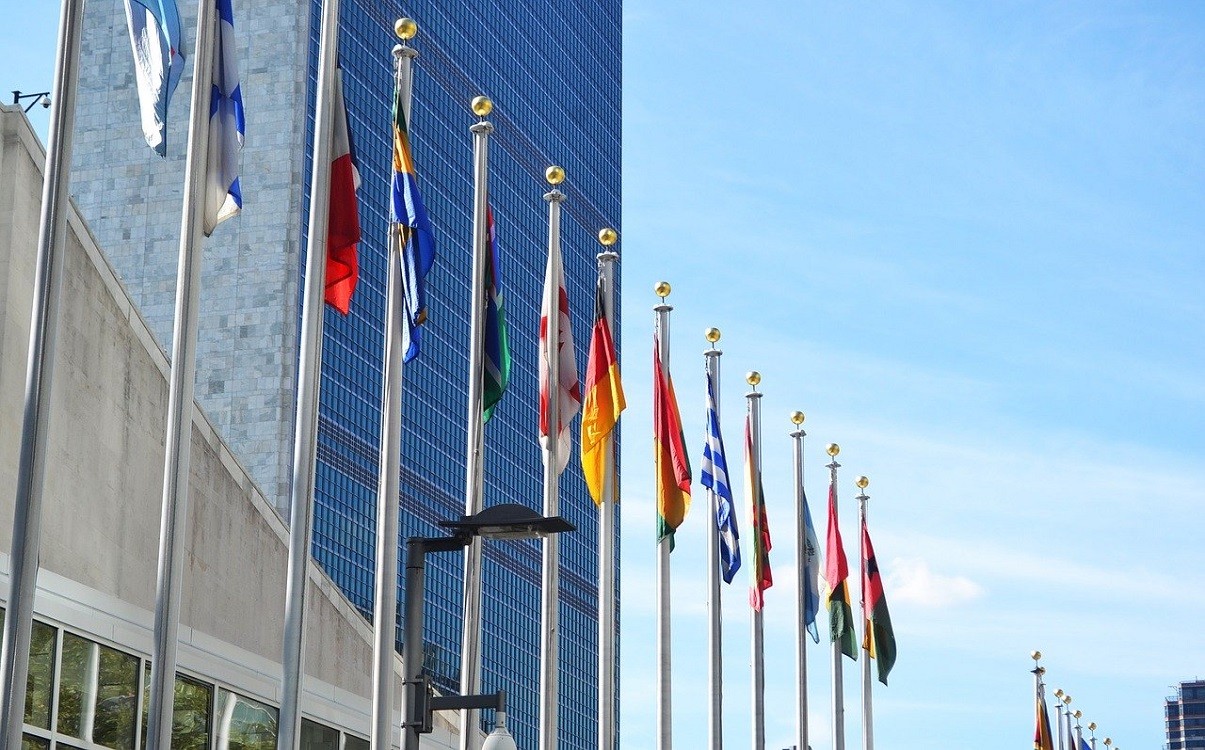
“This Friday, Ciham Ali Abdu is celebrating her 23rd birthday in an Eritrean prison. Ciham has been in incommunicado detention, without charge, since the age of 15. She was arrested in December 2012 as she tried to flee the country into Sudan, shortly after her father requested asylum in a third country. Since her arrest, her family has received no information about her whereabouts,” Kravetz said.
I call on the Eritrean authorities to immediately and unconditionally release those detained without legal basis, including all political prisoners and prisoners of conscience
She said that repeated appeals for Ciham’s release had been ignored by the Eritrean authorities.
“I call on the Eritrean authorities to immediately and unconditionally release those detained without legal basis, including all political prisoners and prisoners of conscience, and to adopt urgent measures to reduce the number of people in detention to prevent the spread of COVID-19,” the Special Rapporteur said.
“Eritrea has recently confirmed 18 cases of COVID-19 and has put in place measures to control the spread of the disease, including a 21-day lockdown, describing the situation as very grave. The pandemic could have devastating consequences for the prison population in Eritrea due to the fragile healthcare services, unhygienic conditions, and overcrowding,” Kravetz said.
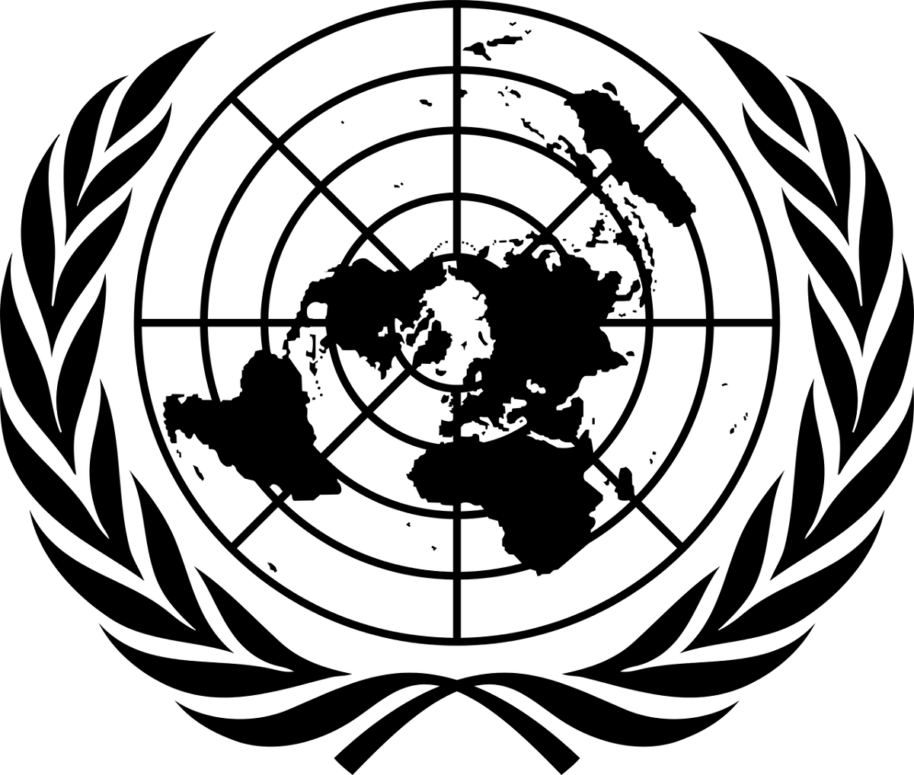
“Over the years, many have died in Eritrean prisons due to malnutrition, lack of basic healthcare and ill-treatment. Essential medical care services are often unavailable for detainees.”
She said that some of the many political prisoners and prisoners of conscience being held in Eritrea had been behind bars for decades because of their political views or their faith. In 2019 alone, more than 200 individuals were imprisoned because of their faith.
“I also call upon the Eritrean authorities to respect the rule of law and protect human rights in the implementation of their measures to respond to the outbreak of COVID-19,” the UN Special Rapporteur said




